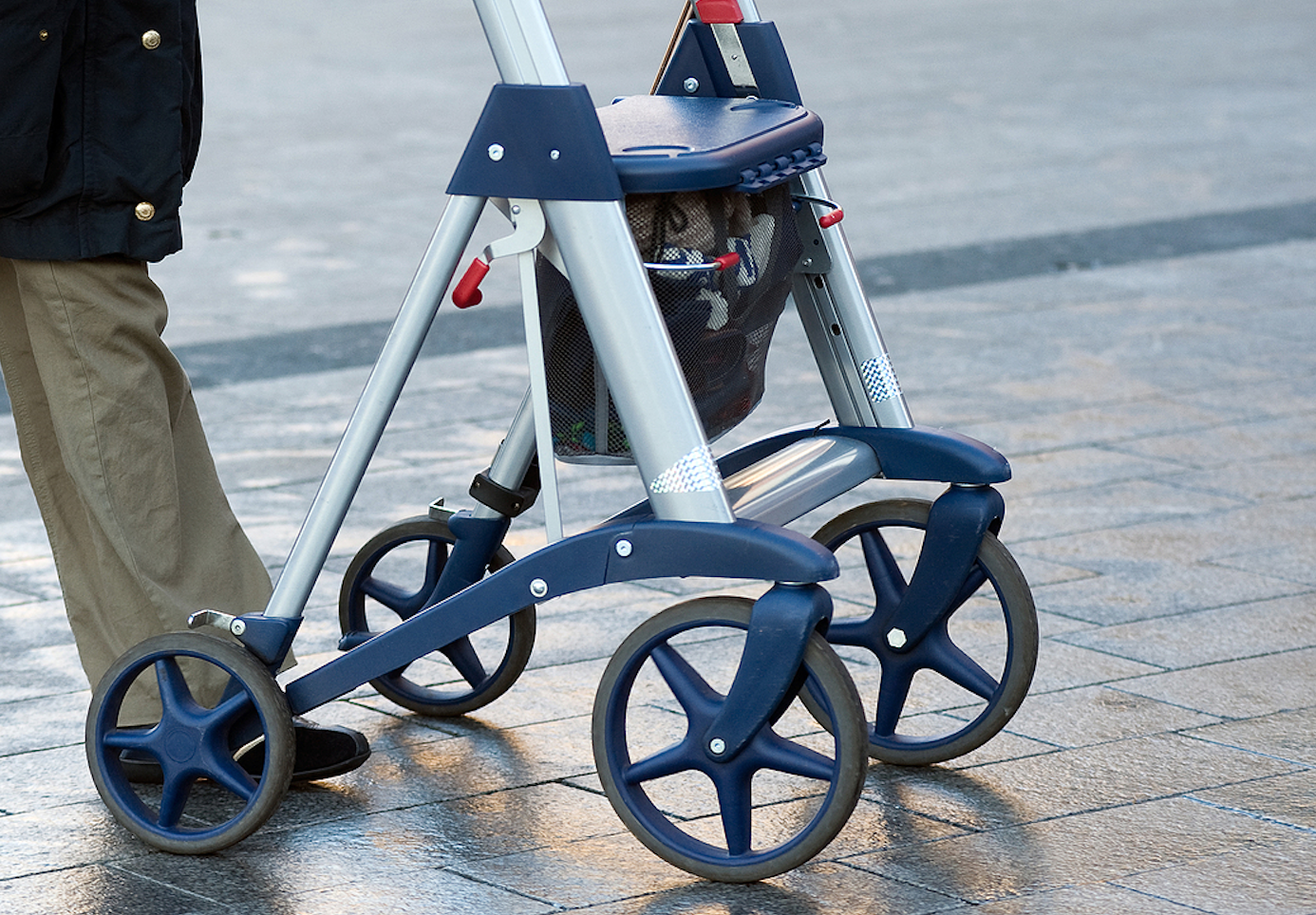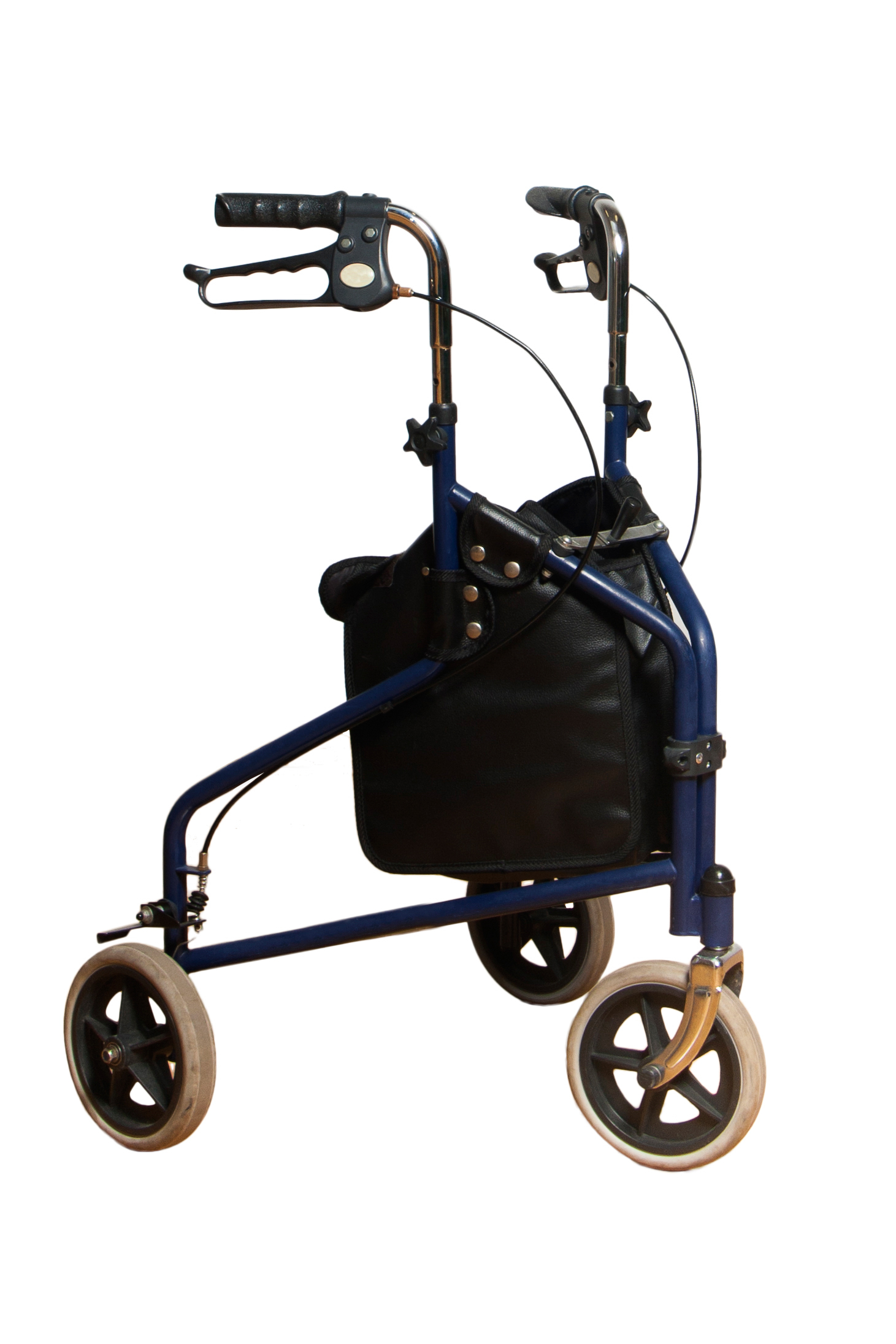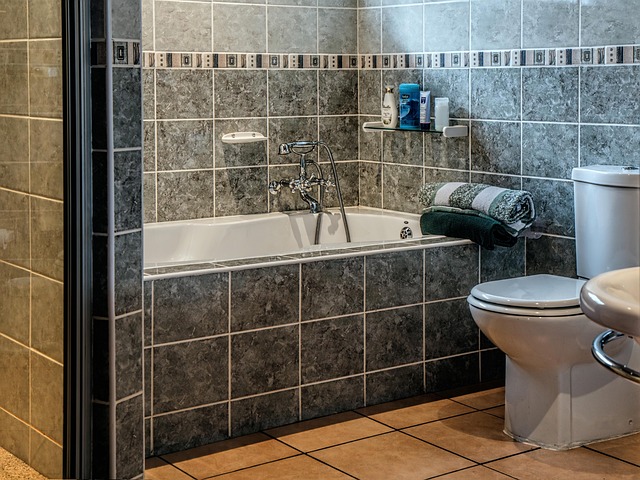You’ve noticed a recent decline in your mobility and you’ve made the mature decision that it’s time to invest in a walker… but now what?
Where should you look to purchase your new assistive device?
Well, I guess there’s no wrong answer to this question, but I’ll say some options make a lot more sense than others.
Especially if you like saving money and having plenty of choices to select from.
From trusted local medical supply stores to convenient online retailers, each offers unique advantages to cater to different needs and budgets.
This guide will walk you through the best places to purchase walkers and other mobility aids, ensuring you make an informed and confident choice.
Top Places to Buy Walkers and Assistive Devices
As a home health physical therapist, I get asked this question almost on a weekly basis.
Sometimes my patients are lucky and have their equipment needs taken care of for them, either through a referring hospital or doctor’s office.
But more times than not, they’re on their own when it comes to purchasing their own equipment.
This can sound like a hassle, but fortunately, we have a lot of options to choose from these days when it comes to acquiring assistive devices.
Each option has its own advantages and disadvantages, so it ultimately depends on what you’re looking for.
Here’s a list of the best places to purchase walkers and all kinds of other assistive devices:
1. Online Retailers
Pros
- Very convenient
- Large selection
- Great prices
Cons
- Don’t get to try equipment out first
- Usually have to pay out of pocket (no insurance)
Online retailers have taken over shopping and assistive devices are no exception.
Online shopping scores highly when it comes to convenience, but you can also take advantage of the vast selection of assistive devices available.
Plus, you can usually find better prices online vs shopping at a brick-and-mortar shop.
That said, online shopping has its disadvantages too.
For starters, you don’t get to physically see, feel, and try out a walker before purchasing – something a lot of seniors may not like.
Also, online assistive device retailers often don’t work with insurance companies, so you’ll likely have to pay the entire price out of pocket (although you may be able to get reimbursed by some insurance plans with proper paperwork).
Some of the online retailers I often recommend to my patients include:
Amazon
Amazon has become a huge company that’s diversified into just about everything.
And even though it seems like they’re kind of taking over the world, they do still offer some of the best prices around.
Their prices tend to be really competitive, but they also offer a huge selection of walkers, canes, and just about every other kind of assistive device to choose from.
Amazon is a great place to look for standard equipment, like simple rolling walkers and canes, but they aren’t quite as helpful when it comes to more specialized equipment.
Amazon has also been inundated with cheap, knock-off brands, so you have to really pay attention to what you’re buying.
It’s also nice that they offer user reviews you can check out when deciding on a product.
Mobility-Aids.com
Mobility-Aids.com is another great online retailer with a large selection of assistive devices to choose from.
Unlike Amazon though, mobility-aids.com specializes in higher-end, speciality walkers and devices.
We’re talking higher-end rollators, upright walkers, folding devices, and more (they even have walkers that can go on the beach).
They aren’t a great choice when it comes to simple folding walkers and single point canes, but they are a great place to shop for harder to find and nicer devices.
2. Big-Box Retailers
Pros
- Good prices
- Easy returns if necessary
- Offer basic walkers/equipment
Cons
- Small selection to choose from
- Not covered by insurance
Big-box retailers refers to huge stores like Target, Walmart, and Costco, which specialize in selling a little bit of everything.
And yes, this often includes basic mobility aids like walkers, canes, wheelchairs, and more.
Stores like these don’t usually have the largest selection of assistive devices, but what they do have is usually very well-priced.
And if you don’t find what you’re looking for in the store, you can often go online and find it on their website.
But again, these stores aren’t great when it comes to more specialized equipment, but you can usually find standard walkers and canes at these stores at good prices.
Like most online retailers, you’ll likely have to purchase your equipment out of pocket at these locations, so don’t expect your insurance to pay for it.
3. Medical Supply Stores (DME Companies)
Pros
- Large selection to choose from
- Accept most insurance plans
- Get to try out equipment in store
Cons
- May be more expensive
- Need order from doctor to get covered through insurance
Medical supply stores specialize in mobility aids and are staffed with knowledgeable professionals who can guide you through the process.
The technical term for mobility aids is “durable medical equipment” or “DME” and you’ll often be able to find local stores by searching under this term.
DME companies are great because they usually carry a little bit of everything, including higher-end items like power chairs, hospital beds, and speciality walkers.
And unlike online retailers and big-box stores, these companies do work with different insurance plans, meaning you can often get part of the cost covered through your insurance.
Helpful tip: reach out to a local DME company to check what insurances they work with before ordering equipment.
Most DME companies will often deliver equipment directly to your home and allow you to come in and try out equipment before purchasing.
The only downside with these stores is that they may cost a bit more and if you’re using insurance, you’ll need a written order from your doctor.
Worst Place to Buy Walkers (and Other Equipment) – Pharmacies
Pros
- Immediate access
- May be able to use FSA/HSA plans
Cons
- Much more expensive
- Limited selection
Major pharmacy chains (CVS, Walgreens, etc.) often carry walkers, canes, and other mobility aids, but they will significantly jack up the prices.
And by “significantly”, I mean like double the price.
As I’m writing this, I checked online at CVS and they’re offering their CVS brand folding walker for $79.99.
I found a similar product on Amazon for $34 (and it’s a respectable, well-known brand).
Rollators at CVS, ~$130… Amazon, $77…
Enough said.
The price gauging is reason enough to avoid purchasing equipment at these stores, but their selection is usually pretty weak as well.
The only upside to purchasing walkers and other equipment through local pharmacies is that fact they allow you to get your hands on one in case of an emergency.
If a loved one falls or has an accident and you need a walker immediately, it could certainly make sense to purchase at a CVS or Walgreens.
My mom actually fell at the beach once and I had to buy a walker at a local CVS because that’s all that was available.
Oh, another advantage of purchasing through a pharmacy is that you may be able to use your FSA or HSA to cover the cost.
Otherwise, I’d avoid purchasing at pharmacies.
Other Places to Find Walkers
The above represent the locations the majority of folks will likely end up purchasing their medical equipment, but there are other places that may offer some aids.
These include:
- Healthcare providers or Physical Therapy clinics
- Non-profit organizations
- Local resources
Final Thoughts
Finding the right walker or assistive device is essential for mobility and independence and luckily, we have a lot of options when it comes to where we purchase these devices.
For the seniors and caregivers who are comfortable with online shopping, this is where you can usually find the best deals.
And the added convenience of not having to leave your home is often an added benefit.
But, with online shopping, you lose the hands-on experience of being able to see and try out your equipment before purchasing.
If you’re planning on getting your equipment covered through your insurance, a medical supply store (DME company) is likely your best bet.
You’ll have to get a written order from your doctor, but having your insurance pay for a portion of the cost is a nice perk.
If all else fails, you can always buy standard walkers and canes through pharmacies, but just know you’ll end up paying quite a bit more.
And if you have any other questions or need assistance with getting a walker or other assistive device, reach out to your doctor or local physical therapist for professional guidance.
Anyway, I think that about does it for now.
I hope you found this article helpful and if you have any questions or comments, please leave ’em below and I’ll get back to you shortly.



